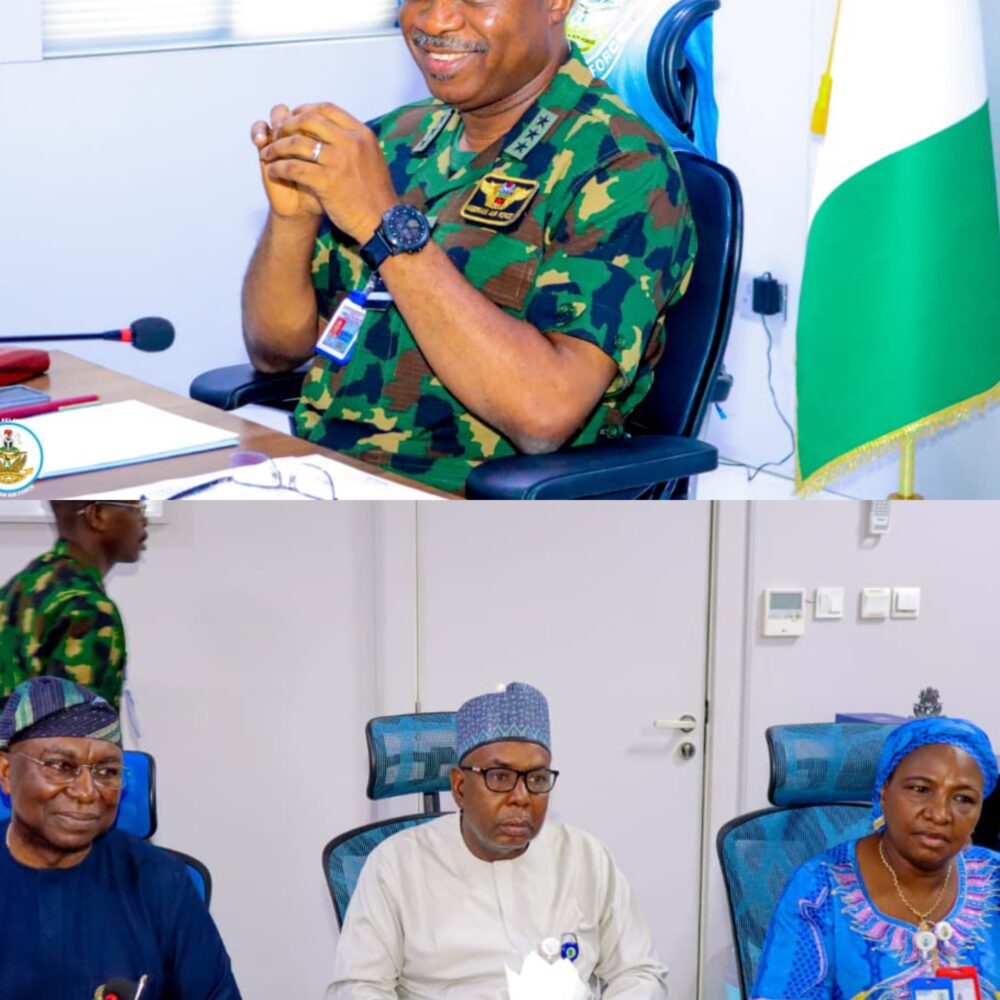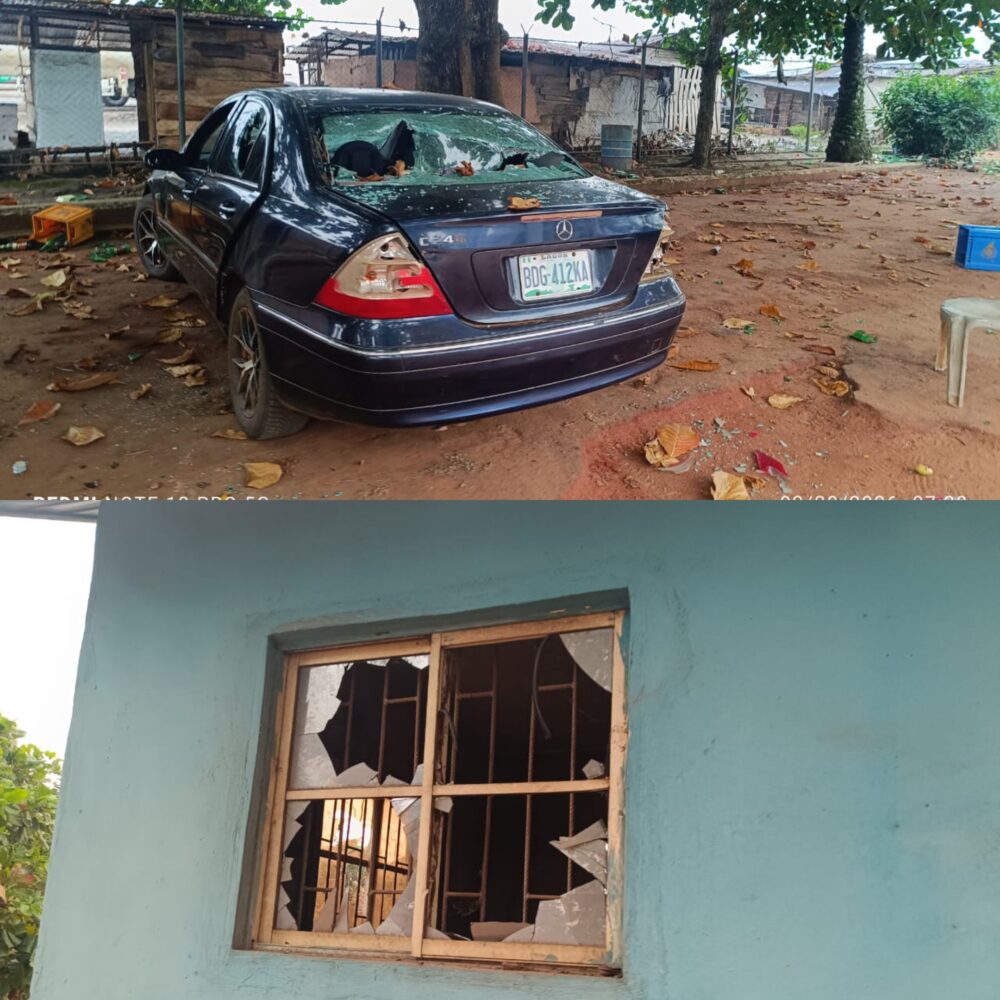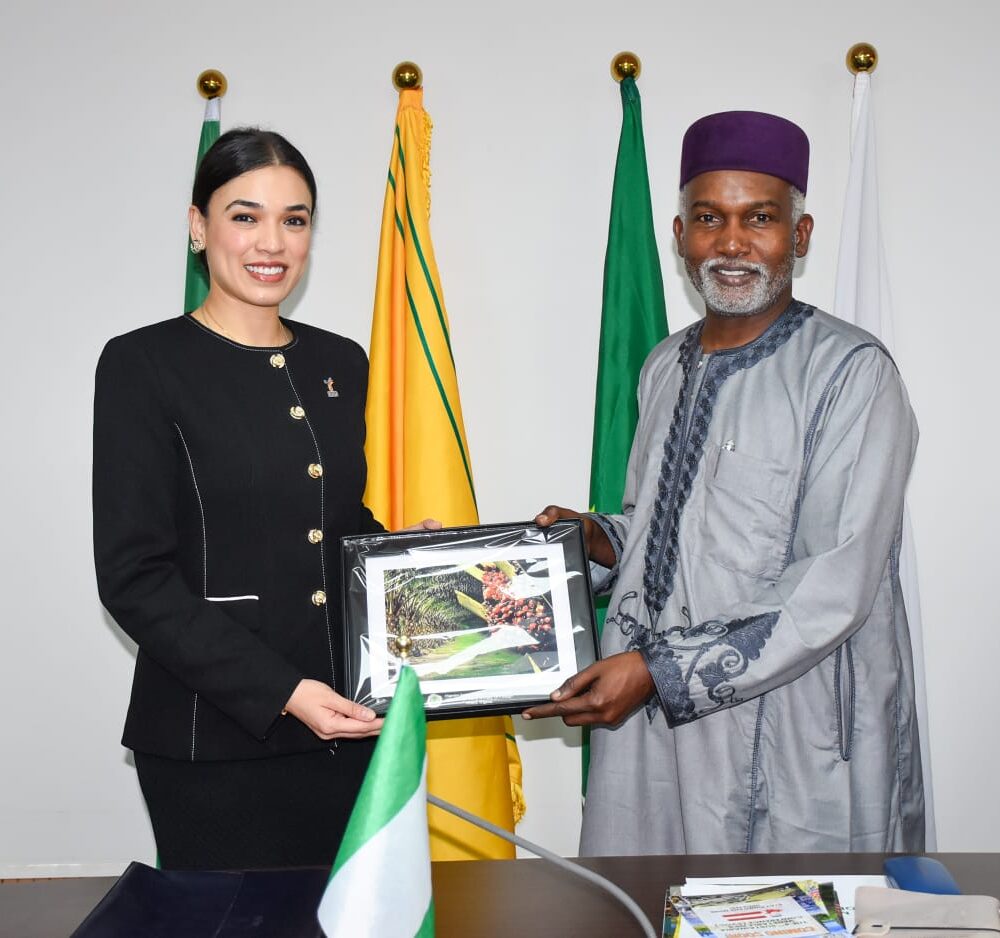Members of the Federal House of Representatives, on Tuesday, took swipes on the Niger Delta Development Commission (NDDC), describing it as a “corrupt” agency that has been engaging in “illegal and unauthorized spending”, to the tune of “billions of naira”.
Spokesman of the House, Rep. Benjamin Kalu, in a statement on Tuesday, also accused the NDDC of refusing to avail the National Assembly with the agency’s budget performance reports for the 2018 and 2019 fiscal years.
Apparently responding to what it described as “an unhinged television interview” granted recently by the Executive Director in charge of Projects and Member of the Interim Management Committee (IMC) of NDDC, Dr. Cairo Ojougboh; the House lambasted the Commission for casting aspersions on its integrity and credibility.
Dr. Ojougboh was quoted in the said interview as accusing the Lawmakers of been responsible for the delay in passage of the NDDC budget; “vandalized” and “raped” the Commission’s 2019 budget and working against the ongoing forensic audit instituted by the Presidency recently; amongst other things.
But in its response, the House said, it has rather, been pushing the Commission to do the needful and render account to the Nigerian people.
“Section 18(1) of the NDDC (Establishment) Act mandates the Commission to, not later than 30 September in each year, submit to the National Assembly, its budget estimates for the following year. The House recalls that for more than 13 months after the time required by law, the Commission deliberately failed to submit its 2019 budget to the National Assembly for approval, choosing instead to engage in illegal and unauthorized spending to the tune of billions of naira.
“It took the intervention of the House, following a motion moved by Rep. Benjamin O. Kalu on November 26, 2019, to compel the Commission to present its 2019 budget”, the House explained.
Stressing further, the House recalled that, “on December 10, 2019, the date fixed for the budget defence, the Commission failed to appear with its 2018 budget performance report, a document critical to assessing its previous expenditures and approving its 2019 budget; as a result of which, the budget defence had to be stepped down.
“The Commission was only able to return with their budget performance report on February 5th, 2020 following which the House passed the 2019 budget 3 weeks after (February 27th, 2020)”.
The lower legislative House also stated that, “the negligence and/or deliberate mischief of the Commission has also frustrated all efforts by the National Assembly to expeditiously approve the Commission’s 2020 budget”, adding that, “till date, the Commission has refused to render an account of their 2019 budget expenditures to Nigerians”.
Contrary to the allegation of budget padding leveled by Ojougboh, the House said it was forced to cut down the budget estimated from ₦409bn to ₦345bn when it was discovered that the Commission’s projected expenditures were unrealistic, having exceeded their revenue source by ₦63bn.
“The House is also concerned by Dr. Ojougboh’s grave allegations attempting to indict President Muhammadu Buhari of influencing the 2019 NDDC budget by inserting the so called ‘President’s regional projects’. While we have a duty to remove any suspicious items identified in the budget, it must be stated that the House is not aware of any line items in the 2019 budget estimates bearing the name or indicating the personal interests of the President”, the statement further read.
On the forensic audit instituted by the Presidency, the House waved Ojougboh’s comment as “untrue” and “misleading”, saying, it has always expressed total support for the exercise, as approved by President Muhammad Buhari.
The House boasted of been responsible for adding a provision for the forensic audit in the 2019 budget after discovering that the Commission’s original budget estimates failed to include a line for the forensic audit.
“Echoing the sentiments of Nigerians, our only concern is as to the propriety of the appointment or supervision of the forensic auditors and also to ensure that any auditing process is done in accordance with the Constitution”, the statement added.
The House insisted that, a supervision of the auditing process by the IMC or any other subjects of the audit, “defeats the cardinal principle of natural justice, nemo judex in causa sua (no-one is judge in his own cause) and undermines the integrity of the investigation”.
It expressed continuous commitment to exposing corruption, inefficiency or waste in any aspect of the government, as the Peoples’ Parliament, adding that, “our support for the forensic audit does not in any way silence or preclude our oversight mandate in Sections 88 and 89 of the Constitution of the Federal Republic of Nigeria (CFRN) (as altered) as both arms of government must continue to work according to the principles of the doctrine of separation of power”.
The House also vowed to continue with its independent investigations, in order to be equipped with information in anticipation of the outcome of the forensic audit.





